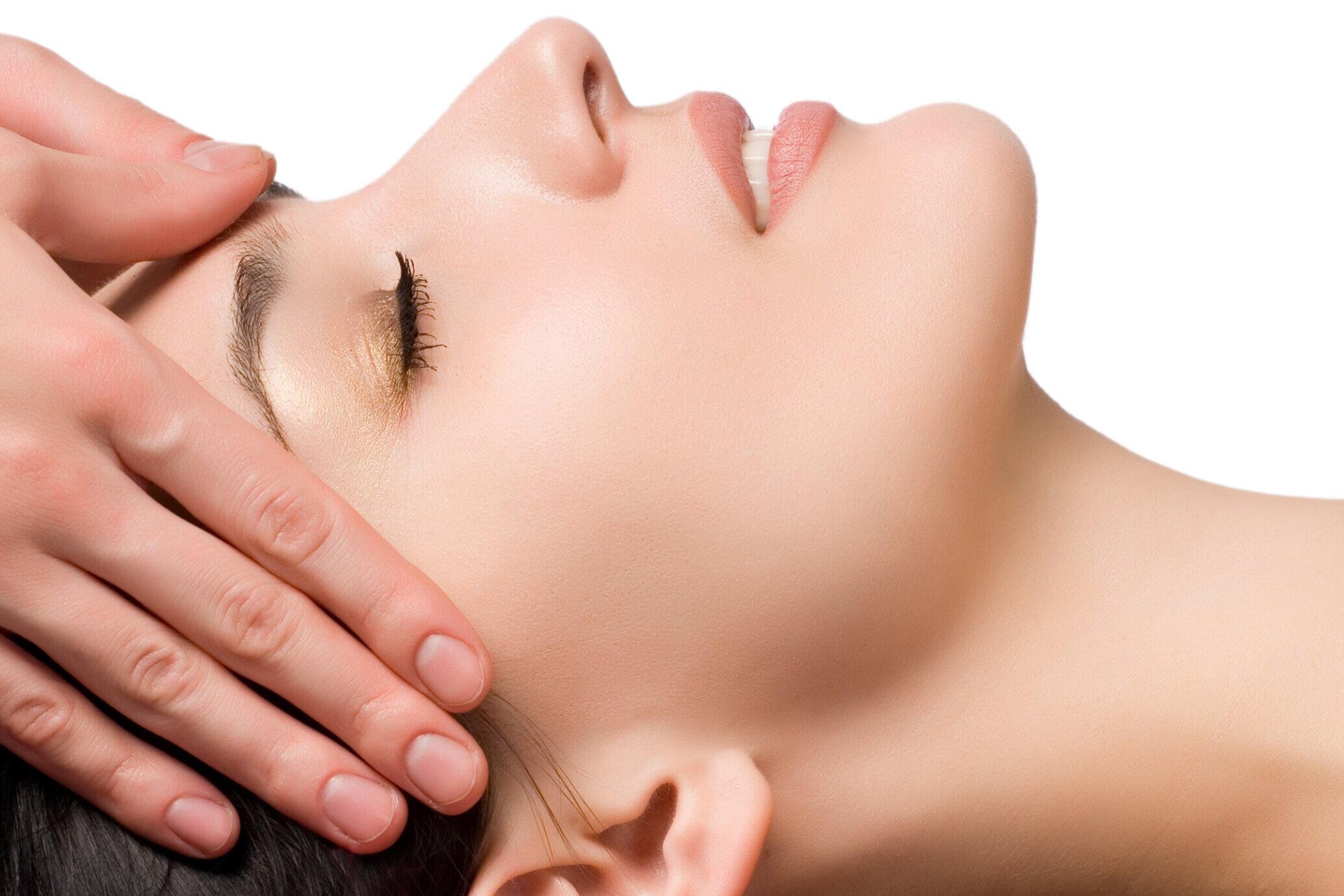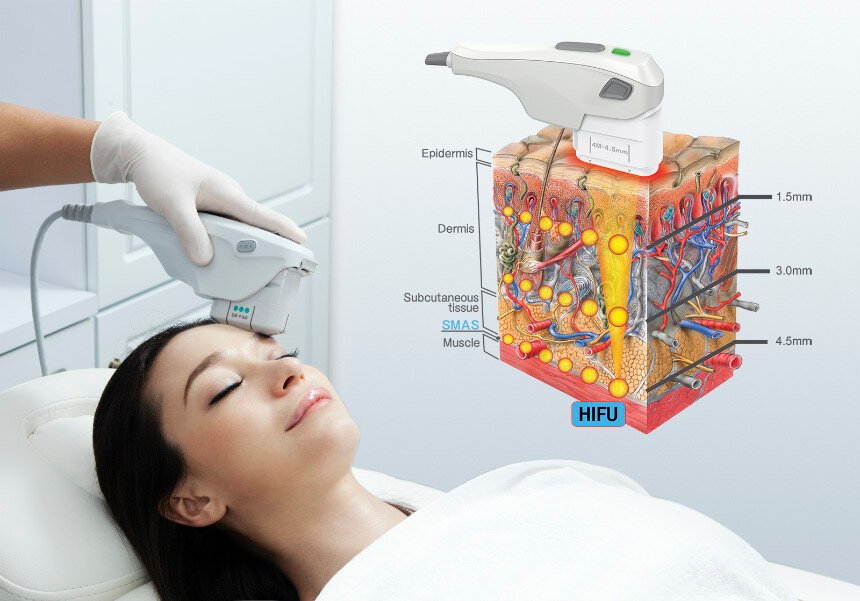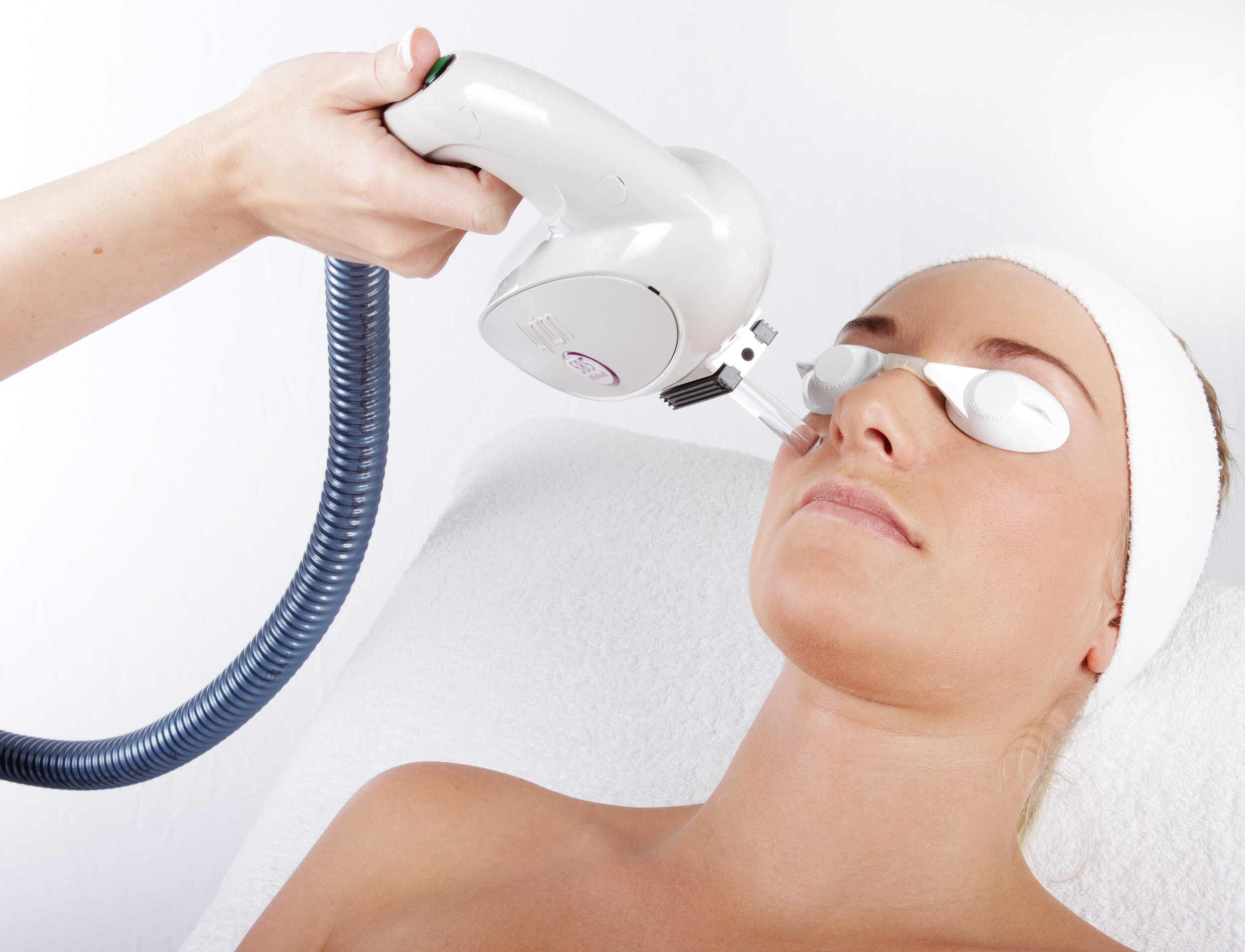What happens to collagen in our skin as we age?
Collagen is one of the most important substances in your body. It’s a glue that helps the body maintain its shape and structure by binding tissues and cells.
With age, natural collagen production begins to slow, and cell structures weaken. Skin becomes thinner and sags, leading to wrinkle formation.
Your body begins to lose collagen when you turn 30. The effects become noticeable after several years. Even though this is a natural process, it’s possible to speed it up with UV exposure, pollution, bad skin habits, and poor diet choices. In our 40s, as we head into perimenopause and menopause, the skin quickly loses collagen. Studies show that women’s skin loses about 30% of its collagen during the first five years of menopause. After that, the decline is more gradual. Women then lose about 2% of their collagen ever year for the next 20 years.
The loss of collagen affects the way you look and feel. The first signs may be subtle. However, the earlier you start, the more you can do to replenish the collagen in your body to see positive results.
Loss of Natural Fullness
Cheeks become flatter while the under-eye area develops hollows. Unless you’ve lost a lot of weight recently, these are probably signs of collagen loss.
Sagging Skin
Since collagen powers skin elasticity, as it starts decreasing so does the firmness of your skin. You may notice the sagging effect on your jawline, cheeks, buttocks, and stomach.
Wrinkles and Fine Lines
Since the loss of collagen leads to the dehydration and thinning of the skin, wrinkles and fine lines begin to appear.
Lifeless Hair
Hair begins to thin and stops looking as healthy as it did before. You may also notice hair loss. As the amount of collagen starts decreasing, hair could begin to split and break.
It’s worth noting that all the above symptoms may also signal other health conditions. That’s why it’s important to consult with your doctor, avoid self-diagnosis, and be careful about self-prescribing any supplements or medication.
Replenishing Collagen in Your Body
As the body starts losing collagen, and adverse effects begin to become bothersome, people look for ways to replenish this highly important protein. Several methods exist today.
Taking Supplements
Supplements are one of the most popular ways to increase collagen levels. Some studies show that they may improve the elasticity and appearance of your skin. It’s also worth noting that you can only enjoy the benefits while you are taking supplements. As soon as you stop supplying your body with collagen, effects may disappear.
Adjusting Your Diet
To produce collagen, your body needs nutrients from protein-rich food as well as vitamin C, zinc, and copper. You can help your body by adjusting your diet to provide it the necessary building blocks. Beef, chicken, fish, eggs, dairy products, and beans are all rich in protein. One of the most helpful products is bone broth.
Have regular treatments that help boost collagen
We’ve a selection of facials that help boost collagen production. Improving the skin’s tone, texture, and elasticity by counteracting the effects collagen loss, leaving your skin feeling refreshed and looking brighter. Incorporating regular facials can improve the way your skin looks and feels and helps boost collagen production.
SF HIFU SKIN TIGHTENING
High-Intensity Focused Ultrasound (HIFU), is a must have treatment that heats the tissues below the deeper layers of the skin, causing it to contract and tighten. This therefore enables the health and vitality of the skin to improve and become uplifted in just one session!
Over time, collagen fibres begin to lose elasticity, which in turn causes the skin to lose it’s firmness and start to sag. The SF HIFU Med is unmatched by other non-invasive cosmetic devices, with it’s ability to treat the tissues usually addressed during surgical facelifts. Using ultra-sound waves, the superficial muscular aponeurotic system is targeted. The tissues are heated to a range between 60-70 ̊C, thus the natural wound healing process is stimulated to create new collagen and elastin. The technology specifically targets the SMAS, and thus, collagen production is stimulated and the process of tissue regeneration begins. This causes tightening and lifting of the skin and tissues, resulting in a lifted appearance and a tightened feeling in the Face & Body areas. MORE INFO
Lynton Illumi Facial
Illumi Facial is the ‘next generation’ of the highly successful ‘Photofacial’ treatments, using a new and unique combination of special Lynton skincare together with powerful, medical-grade Lynton IPL technology. A full treatment plan will then be tailored to treat your specific concerns, all aiming to improve the appearance, feel and health of your skin. MORE INFO
NEW Janssen Marine Collagen Facial
Immerse yourself into the world of the sea – with the New marine Collagen Facial. Collagen is a scaffold protein in the skin and provides strength and elasticity. Marine collagen has the same triple helix structure as human skin and has high water retention capacity. It covers the skin like a film that binds moisture, filling out fine lines and wrinkles. This new treatment helps tightens as it dries and creates a noticeable and visible lifting effect.
We all have skin types with different issues and our skin is forever changing, so it is important to tailor our services to you. With all our treatments we recommend that you book a consultation and come in to discuss your problem areas so we can find a treatment to suit your needs. COMING SOON



